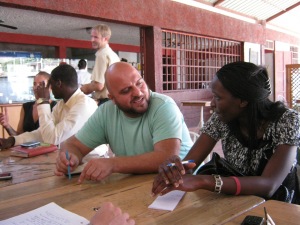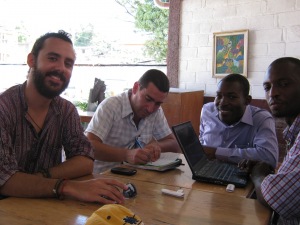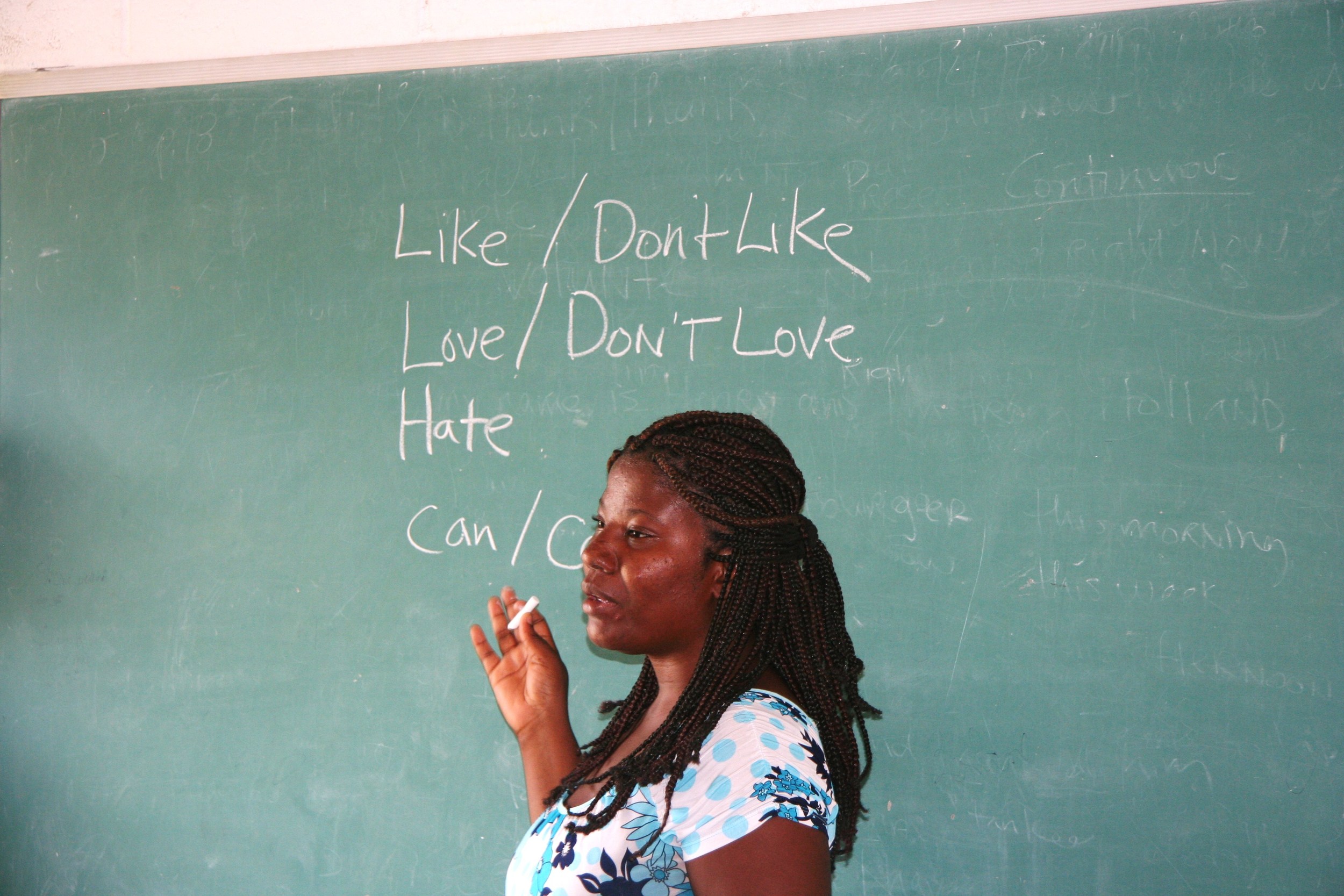In this guest post new FrontlineSMS user, Sophie Baron, shares how she is currently using FrontlineSMS in a pilot study to monitor and contain the spread of animal diseases in Cambodia. This pilot was initiated by Dr. Flavie Goutard and Dr. Sebastien Le Bel from the Centre de Coopération Internationale en Recherche Agronomique pour le Développement (CIRAD) and the Institut Pasteur du Cambodge (IPC). It is now providing valuable information to the Cambodian Ministry of Agriculture Forestry and Fisheries, through their National Veterinary Research Institute (NaVRI) at the Department of Animal Health and Production. In this post Sophie explains how the pilot has been set-up to overcome communications challenges, and discusses how FrontlineSMS is helping enable successful tracking and containment of animal diseases. By Sophie Baron
Infectious animal diseases are a major threat for the agricultural community in Cambodia. If levels of animal diseases are not monitored and contained effectively, this can have a negative impact on farmer’s livelihoods. I am working through the CIRAD, alongside IPC and NaVRI, to implement a targeted monitoring and surveillance system for animals. A pilot study is currently being implemented in two rural Cambodian provinces - Kampong Cham and Takeo. The sample for this pilot study is made up of 10 villages from each of 3 districts in both provinces; making a total of 60 villages. From each of the 60 villages, we asked the village chief and a selected village animal health worker (VAHW) to report the number of dead cattle, chickens, ducks and pigs in their village on a weekly basis. They were also asked to report the number of cattle infected by Foot and Mouth Disease (FMD) and Hemorrhagic Septicemia (HS); and the number of cattle that died from these infections.
The data reported via SMS by village chiefs and VAHWs helps to provide a more accurate baseline of animal mortality, and serves to alert NaVRI when mortality is higher than usual. If the reports being sent indicate that mortality is high, someone from NaVRI is sent to the relevant village to take samples from the animals, which are used to diagnose the condition. Based on this diagnosis appropriate actions are taken which curb the potential for an outbreak. Receiving regular data via SMS - and being able to manage this data within FrontlineSMS - helps enable NaVRI to adopt more timely and effective response mechanisms to breakouts of animal diseases.
When we were designing the pilot study, there were some interesting challenges that we had to consider. The pilot was targeting rural areas where access to internet is slow, so we had to build a solution that was accessible. Luckily, most people have mobile phones in these rural areas, but there is also a low usage rate of SMS in Cambodia. This is partly because phones do not support Khmer characters – which is the official language in Cambodia - making texting very difficult, and in some cases impossible. In addition, a phone call costs approximately the same as an SMS in Cambodia, thus reducing the incentive to communicate via SMS.
However, the high access to mobile phones means that SMS still offers a viable solution and enables effective data collection; we just had to be aware to design our use of SMS to suit the context. To get around the language challenge, we implemented a numbering system so that users just had to submit reports via SMS using numerical values as opposed to sending fully written text messages. We went to the villages and offered personal training to those who would be submitting reports via SMS, and further explained and documented the numbering system. In order to incentivize people to send their SMS reports the cost of SMS is reimbursed. On a monthly basis, VAHWs and village chiefs are given sufficient mobile top-up to be able to send SMS reports throughout the month.
The way we have designed the pilot seems to be working well. In the first few weeks, there was a 90% rate of response from the VAHWs. We have experienced some initial errors in the report format, but Ms. Kunthy Nguon, research assistant at IPC was able to call to follow up and clarify any incorrect reports, and to inform those reporting of the correct way to structure the content.
Since the pilot has proved efficient in helping us to receive timely and accurate reports so far, I have recently installed FrontlineSMS at NaVRI, where reports will continue to be monitored. The pilot started in February 2012 and will continue as a pilot study until June 2012. Following this point, we will evaluate the success of our use of FrontlineSMS and we will be looking for funding to continue the project from June 2012 and to expand into additional provinces.
Under the supervision of Dr. Arnaud Tarantola, head of the Epidemiology and Public Health unit at IPC, we are also currently reviewing ways that FrontlineSMS can be used in some other IPC projects, for tasks such as monitoring success of patient vaccination and collecting patient feedback. It has been really valuable to investigate the different potential uses of FrontlineSMS across public and animal healthcare, and we hope to expand use of the software moving forward. Sophie Baron is a veterinarian doing a Masters in Public Health, and specializing on epidemiologic surveillance of human and animal diseases. Thanks to a Fondation Pierre Ledoux scholarship, Sophie is doing a six month internship based at Institut Pasteur du Cambodge (IPC) as part of her studies.








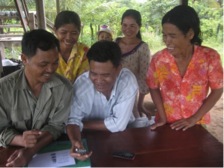
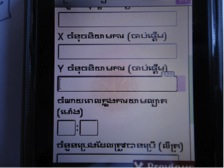
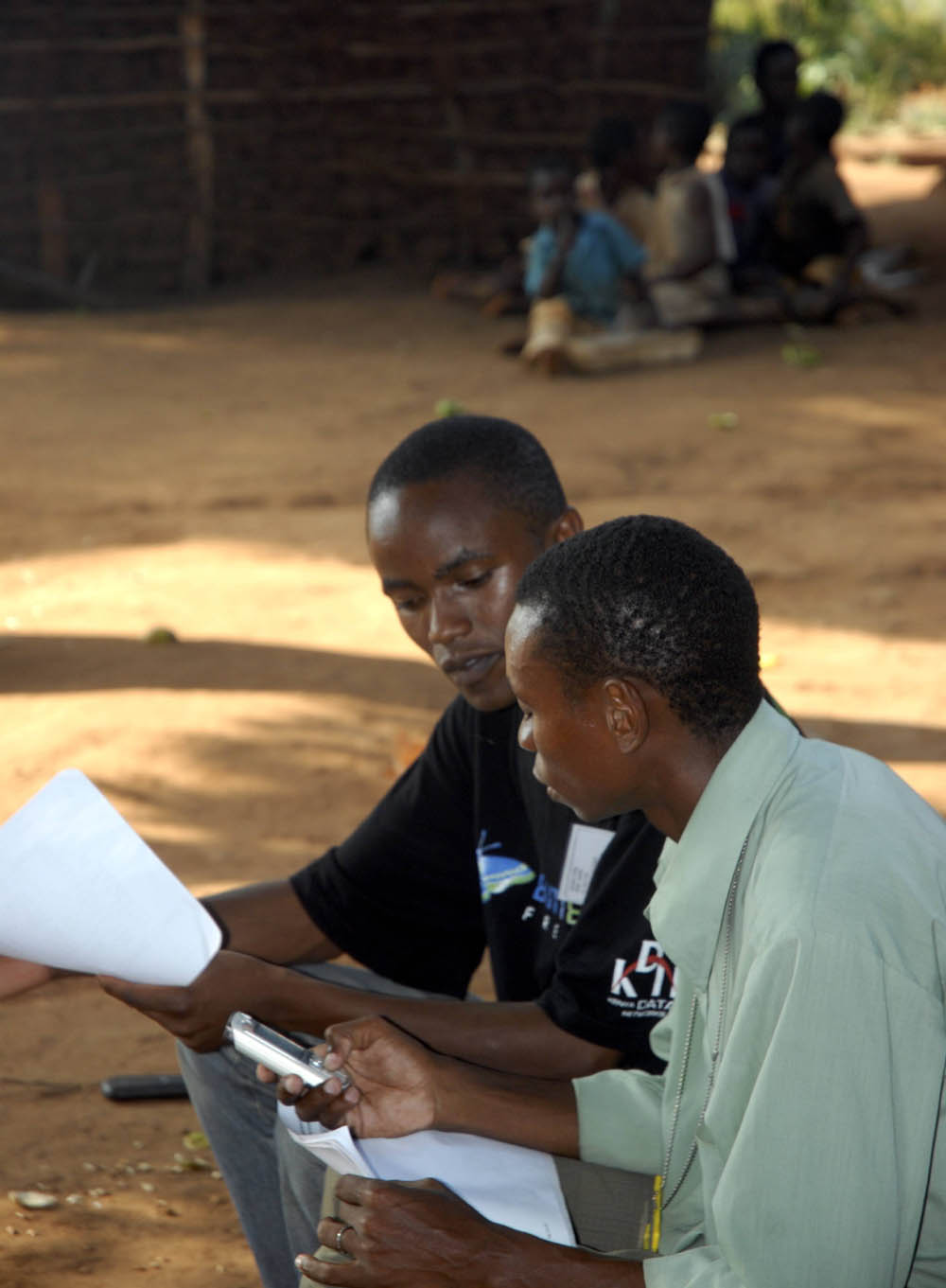
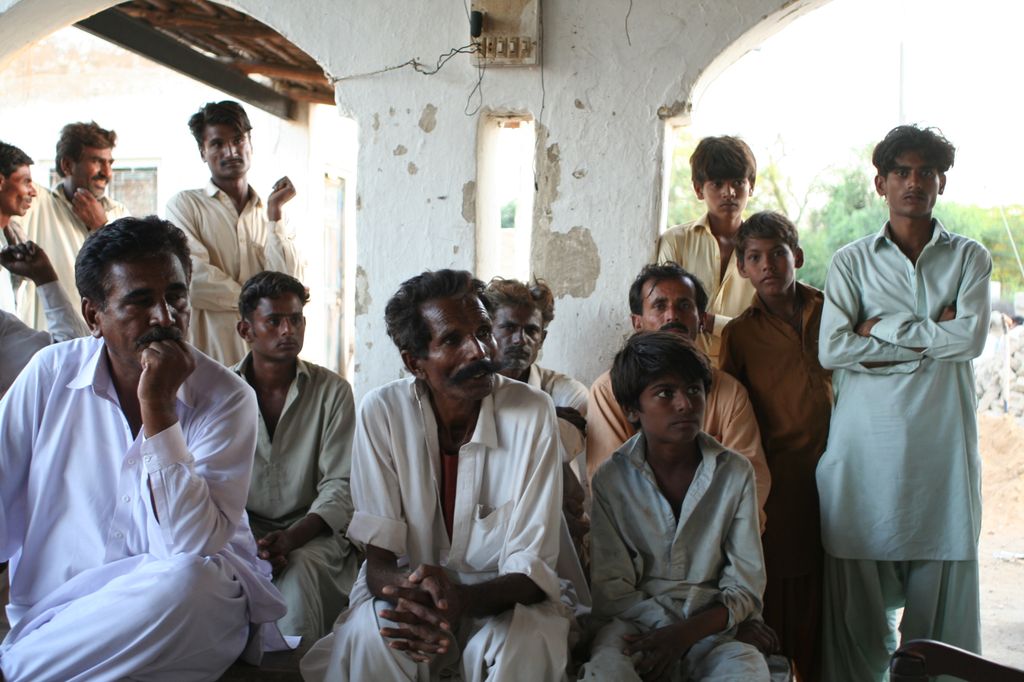


 FrontlineSMS Founder, Ken Banks, produces a blog series with National Geographic called
FrontlineSMS Founder, Ken Banks, produces a blog series with National Geographic called 


 Sacha DeVelle is the founder and managing director of Cambridge to Africa, a UK registered charity that provides funding and educational expertise for projects in East Africa. Sacha has a PhD in Linguistics from the University of Queensland, Australia and currently lives in London where she works as an international education consultant.
Sacha DeVelle is the founder and managing director of Cambridge to Africa, a UK registered charity that provides funding and educational expertise for projects in East Africa. Sacha has a PhD in Linguistics from the University of Queensland, Australia and currently lives in London where she works as an international education consultant.






